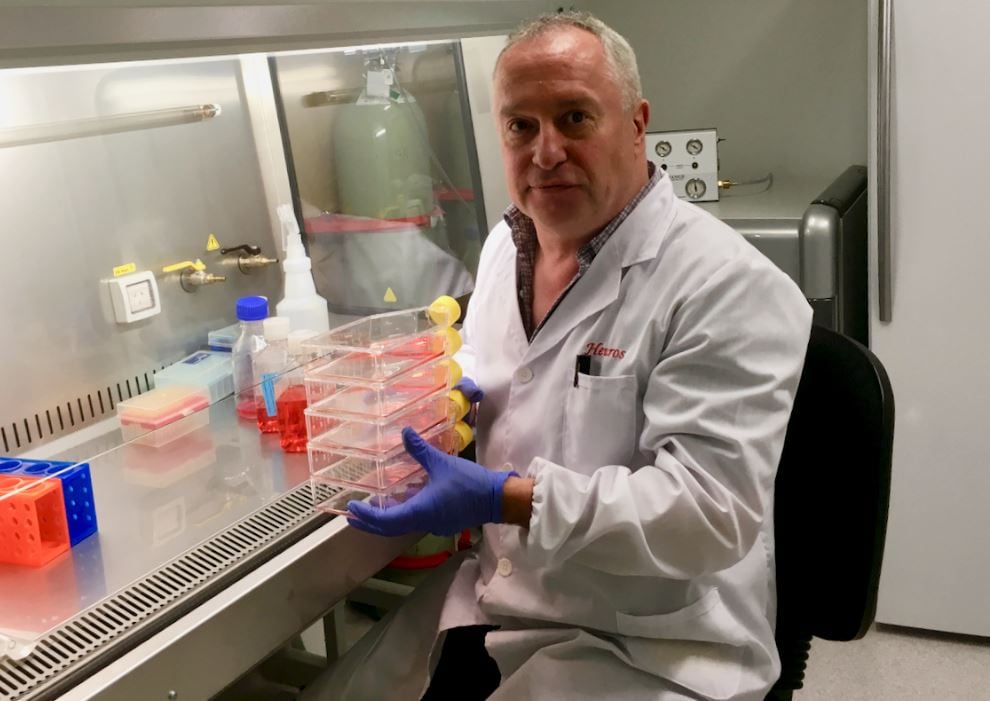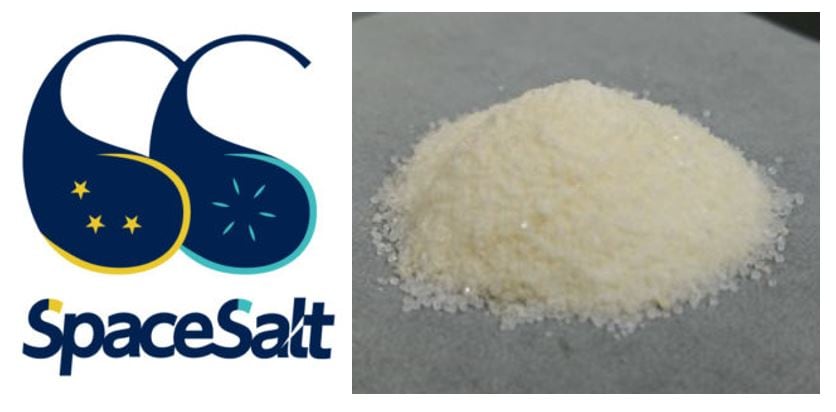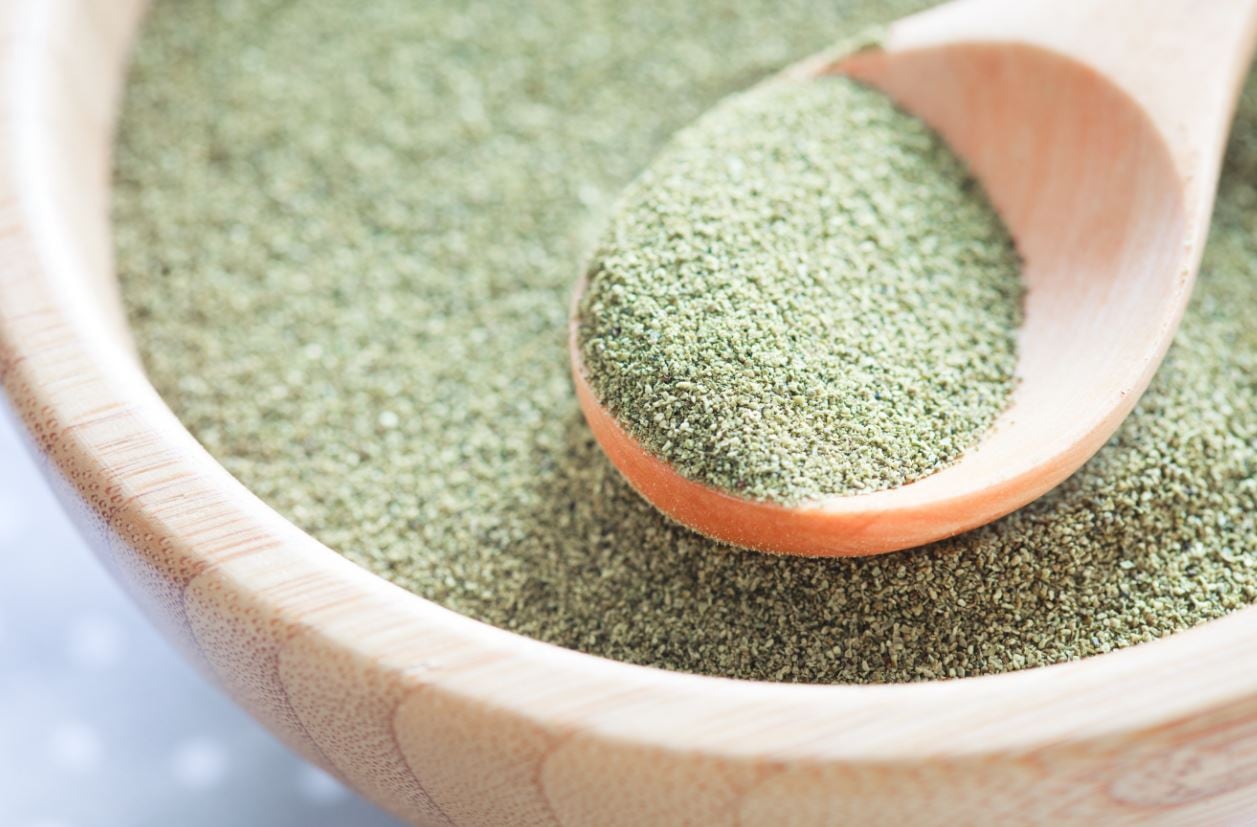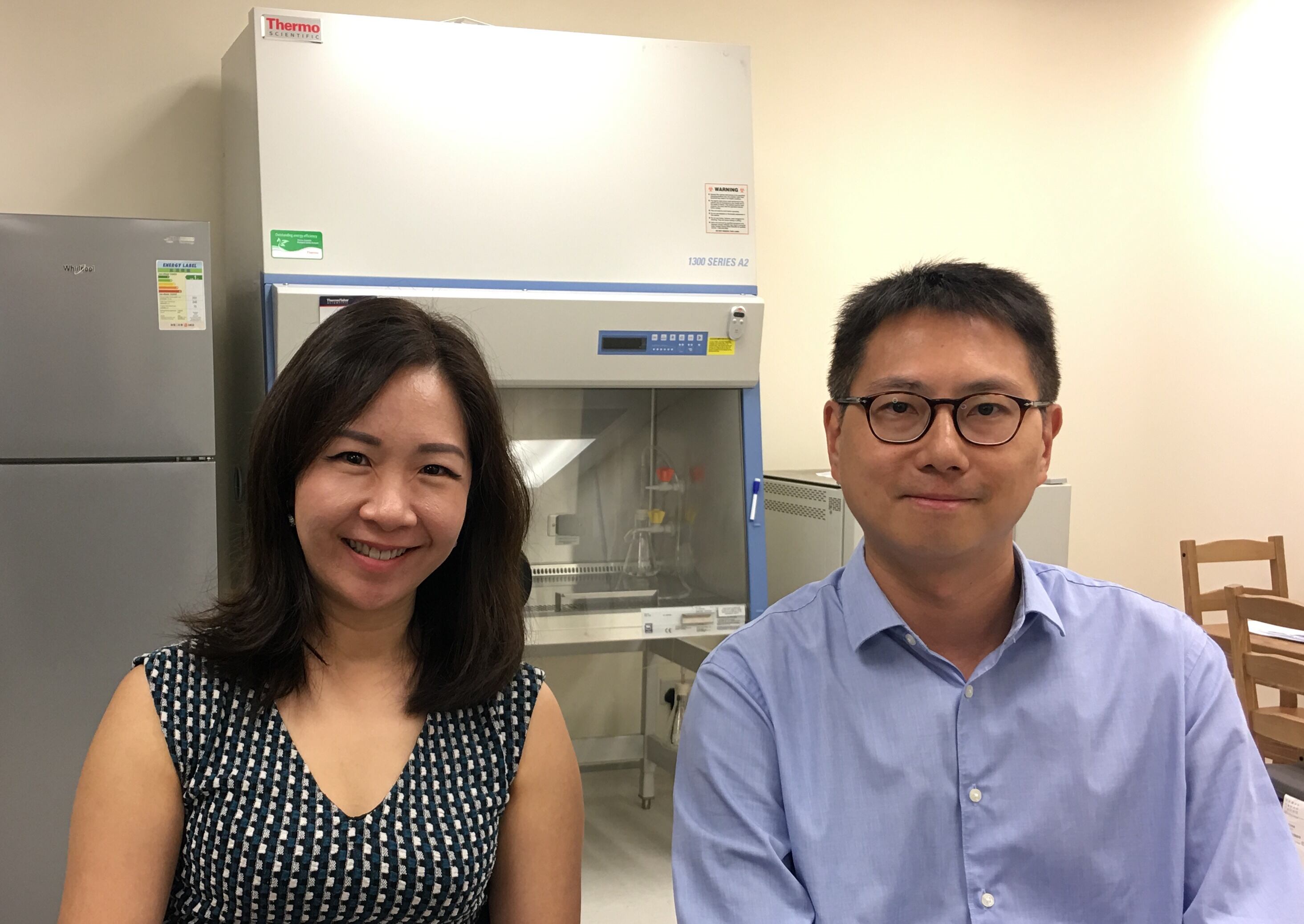So far, food tech start-ups have predominately resided in Europe, Israel and US. Countries in Asia, like Hong Kong and Singapore, have recently started their cell-based journey.
However, Dr Nick Beaumont, founder of Heuros, told us there were advantages in setting up a company in Australia: “Costs in terms of rent and salaries are relatively low, there is federal and state government support through R&D tax incentive and grants, there is some form of investment available, and a generally supportive atmosphere for high-tech start-ups.”
But because Australia is geographically isolated from other cell-based meat companies and food-tech companies clusters in the US, Europe and Israel, it has so far proved difficult to “build up large communities of researchers, companies, and investors.”
“It would be great to build the community here, to enable more people, companies, and universities to get involved,” he said.
An acceptable medium
Beaumont said a combination of growing global population, and people's increasing expectations for their food, is increasing the burden put upon the Earth's resources.
“Intensive rearing of cattle, and other animals, is harming the planet. We hope that cellular agriculture, including cell-based meat can play a role in alleviating the pressure on the environment.”
Heuros has developed a medium that effectively grows muscle cells from mammals, birds and fish.
“Our technology is unique, as far as we know. It is free from foetal bovine serum (FBS), other blood products, does not use genetic modification (GM), or pluripotent stem cells, steroids, or antibiotics.
“We believe that food produced using this technology by avoiding technologies that some might find disconcerting, could make such cell-based products more appealing in some markets, such as those in Asia.”
As of now, their business model focused on B2B.
“We intend to supply our serum-free, GM-free medium to other cell-based meat companies that have created muscle cell lines from species that appeal to the public.”
However, he added the company was also creating some B2C products that could be suitable for Asian markets, “but these are still in development.”
Scale-up
In the short term, the main objective over the next six months is to optimise the technology, and scale-up production of the growth factors.
“We will also need to work with our partners to increase production of the cell-based meat from the laboratory to a small plant-scale so that we can produce enough of the products to test for safety, palatability, and nutrition.”
The company is also looking to raise seed investment now, after securing initial funds to establish its lab.




